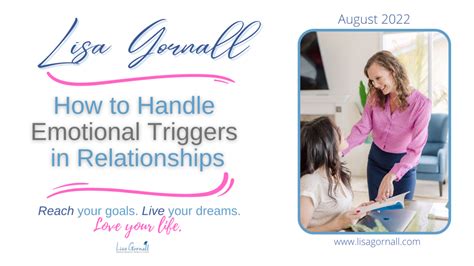Understanding the Tendency to Shut Down
Conflict is an inevitable part of any intimate relationship. However, for many men, navigating disagreements can trigger a strong urge to withdraw, disengage, or become silent – a behavior often referred to as “shutting down.” This response, while sometimes an unconscious coping mechanism, can leave partners feeling unheard, invalidated, and alone, ultimately eroding trust and intimacy. Understanding why this happens is the first step toward developing healthier communication patterns.
Often, men shut down due to a combination of factors: feeling overwhelmed by intense emotions (their own or their partner’s), a fear of saying the wrong thing and escalating the conflict, a perceived lack of control, or even learned behaviors from childhood where emotional expression was discouraged. The primitive fight-or-flight response can also manifest as “freeze,” leading to emotional paralysis.

Strategies for Staying Engaged During Conflict
Remaining present and communicative during a heated discussion is a skill that can be learned and honed. It requires self-awareness, emotional regulation, and a commitment to the relationship’s health.
1. Recognize Your Early Warning Signs
Pay attention to your body and mind. Do you feel your heart rate increasing, a tightness in your chest, or an urge to escape? Acknowledging these physical and emotional cues is crucial. Once you notice them, you can proactively choose a different response rather than defaulting to shutting down.
2. Communicate Your Need for a Break Constructively
It’s okay to need a pause, but how you request it matters immensely. Instead of walking away silently, say something like, “I’m feeling overwhelmed right now and need to take a break so I can think clearly and come back to this. Can we revisit this in 30 minutes (or an hour)?” This validates your partner’s concerns, shows you’re committed to the discussion, and provides a definite timeframe for reconnection. Crucially, always follow through on the agreed-upon time.

3. Practice Self-Soothing Techniques
During your agreed-upon break, engage in activities that help you calm your nervous system. This could be deep breathing exercises, a short walk, listening to calming music, or stepping away from the immediate conflict environment. The goal is not to avoid the issue but to regulate your emotions so you can return to the conversation with a clearer head and less reactivity.
4. Focus on Active Listening and Understanding
When you return to the discussion, make a conscious effort to truly listen to your partner’s perspective without immediately formulating your defense or rebuttal. Ask clarifying questions (“What I hear you saying is… Is that right?”) and validate their feelings (“I can see why you feel frustrated about that.”). You don’t have to agree with everything, but showing you understand their experience is vital for de-escalation.

5. Express Your Feelings Using “I” Statements
Once you’ve listened, it’s your turn to express yourself. Use “I” statements to articulate your feelings without blame. For example, instead of “You always make me feel ignored,” try “I feel unheard when I try to explain my point of view, and it makes me want to withdraw.” This shifts the focus to your experience and is less likely to trigger defensiveness in your partner.
6. Identify Your Triggers and Underlying Fears
Take time, perhaps outside of conflict, to reflect on what specific topics or behaviors tend to trigger your urge to shut down. Is it criticism, feeling misunderstood, a fear of failure, or something else? Understanding these deeper psychological roots can empower you to address them directly, perhaps through journaling or even with the support of a therapist.

7. Seek Professional Help If Needed
If you consistently struggle to remain engaged in conflict, couples counseling or individual therapy can provide invaluable tools and strategies. A neutral third party can help facilitate communication, teach emotional regulation skills, and uncover deeper patterns that contribute to shutting down.
Building a More Resilient Relationship
Navigating conflict without shutting down is an ongoing process that requires commitment from both partners. For men, it means actively challenging the instinct to withdraw and learning new ways to process and express emotions. By doing so, you not only improve your communication skills but also foster a deeper sense of trust, security, and intimacy within your relationship, creating a space where both partners feel safe to be vulnerable and heard.




